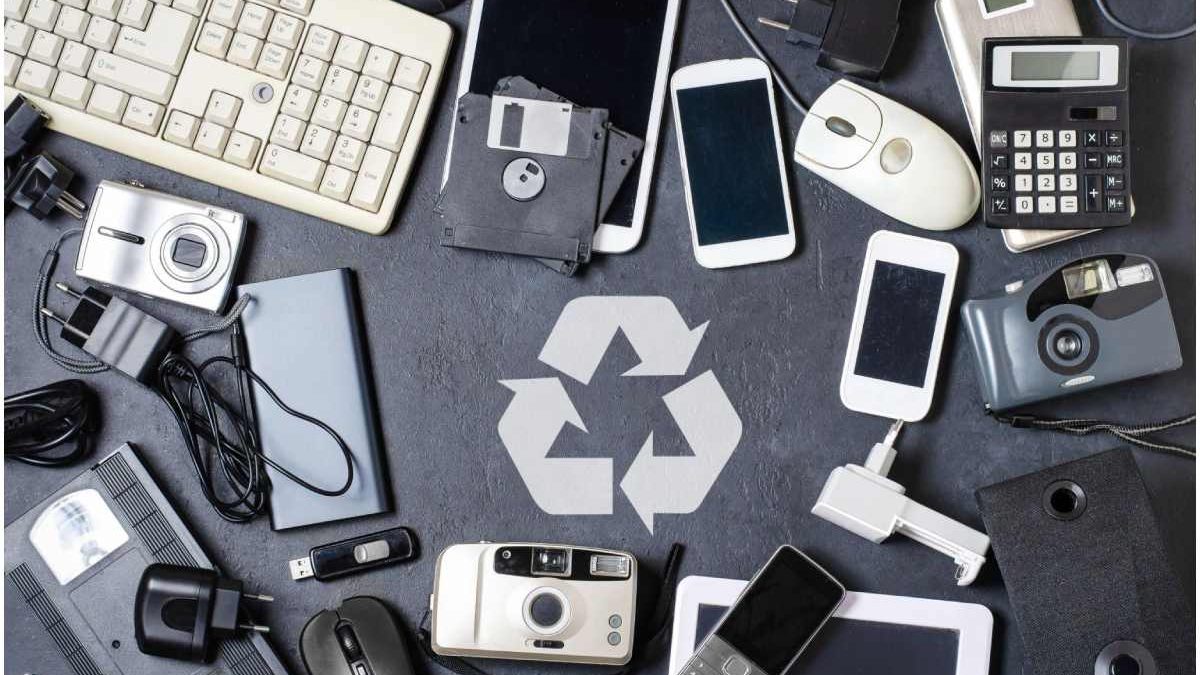Why is E-Waste Recycling So Important? – Quora BlogWe all know how important recycling is when it comes to the preservation of our planet. For hundreds (if not thousands) of years, we’ve been recycling products in one way or another, but unfortunately, recycling didn’t become a big part of our everyday life until the 1980s. Now, more than ever, we’re creating new products at an alarming rate and recycling has become even more important, particularly when it comes to electronics. As technologies advance, the old ones often get tossed aside for the next model, but what do we do with the old version? That’s where e-waste recycling comes in.
Properly recycling your electronic devices is not only better for the environment, but it can also be extremely useful to those who manufacture certain products. Read on to find out more about why recycling electronics is so important and what we can do to be more ethical consumers of these products.
Table of Contents
Environmental Hazards
E-waste, or electronic waste, takes up a huge chunk of landfills each year. Not only is that a hazard in itself, but some of these devices can actually be composed of toxins that, over time, can leach into the environment after being dumped in a landfill. Tossing certain items into the dumpster can even be illegal, depending on your state laws. Common electronics that are illegal to toss out are old televisions, computers, and cell phones.
Take, for example, the old-fashioned box televisions we used prior to the development of the flatscreen. These CRTs, or cathode ray televisions, are full of harmful chemicals. The glass itself holds pounds of lead, making for an extremely dangerous situation if the glass were to ever break. Tossing one in a dumpster and sending it off to a landfill can not only pose a risk to the waste workers taking it there, but once in the landfill, those chemicals can seep into the ground and, eventually, into our water supply. Talk about a nightmare situation.
Reusing Non-Renewable Resources
It’s easy to forget that technology that’s meant to make our lives easier can actually be extremely difficult to create. With the rate Apple puts out a new iPhone, you might think they have all the parts on hand and ready to go at any given time, but it actually takes quite a lot of time and energy to mine all the specific raw materials it takes to create each cell phone. Old devices, such as old cell phones, likely already contain the raw materials needed—something that can save time, money, and valuable non-renewable resources.
Reusing resources such as precious metals can reduce the need to mine minerals from the earth, as well as reduce the amount of energy needed to produce the piece of technology. It may not seem like a lot of resources when you look at that small phone in your hand, but think of how many phones are purchased each year by consumers, and how many old ones end up in drawers—or worse, in landfills. Talk to your cell phone service provider about buy-back programs you can participate in when you’re ready to purchase a new phone, or visit a local drop off site to ensure this technology finds its way into the right hands.
Support Lower-Income Households
Not every family has the privilege of purchasing the latest technology the second it comes out. The devices that make our lives easier are often unattainable to lower-income families, and can actually help further the divide between classes. Smartphones, for example, can easily cost over $1,000, but less fortunate families may not have that kind of cash on hand. Now think about how integral your smartphone is for taking calls from your job, answering emails from potential employers, or using maps to find your way to a job site. This is no longer a perk of having a cell phone—it’s simply the standard way we do business now. So, you can see how lower-income individuals may be at a disadvantage without this type of technology at their fingertips.
There are plenty of e-waste recycling programs that take your old devices—cell phones, laptops, printers—and refurbish them for reuse. These tech products can then be resold at a fraction of the original cost or given away for free to families in need.

